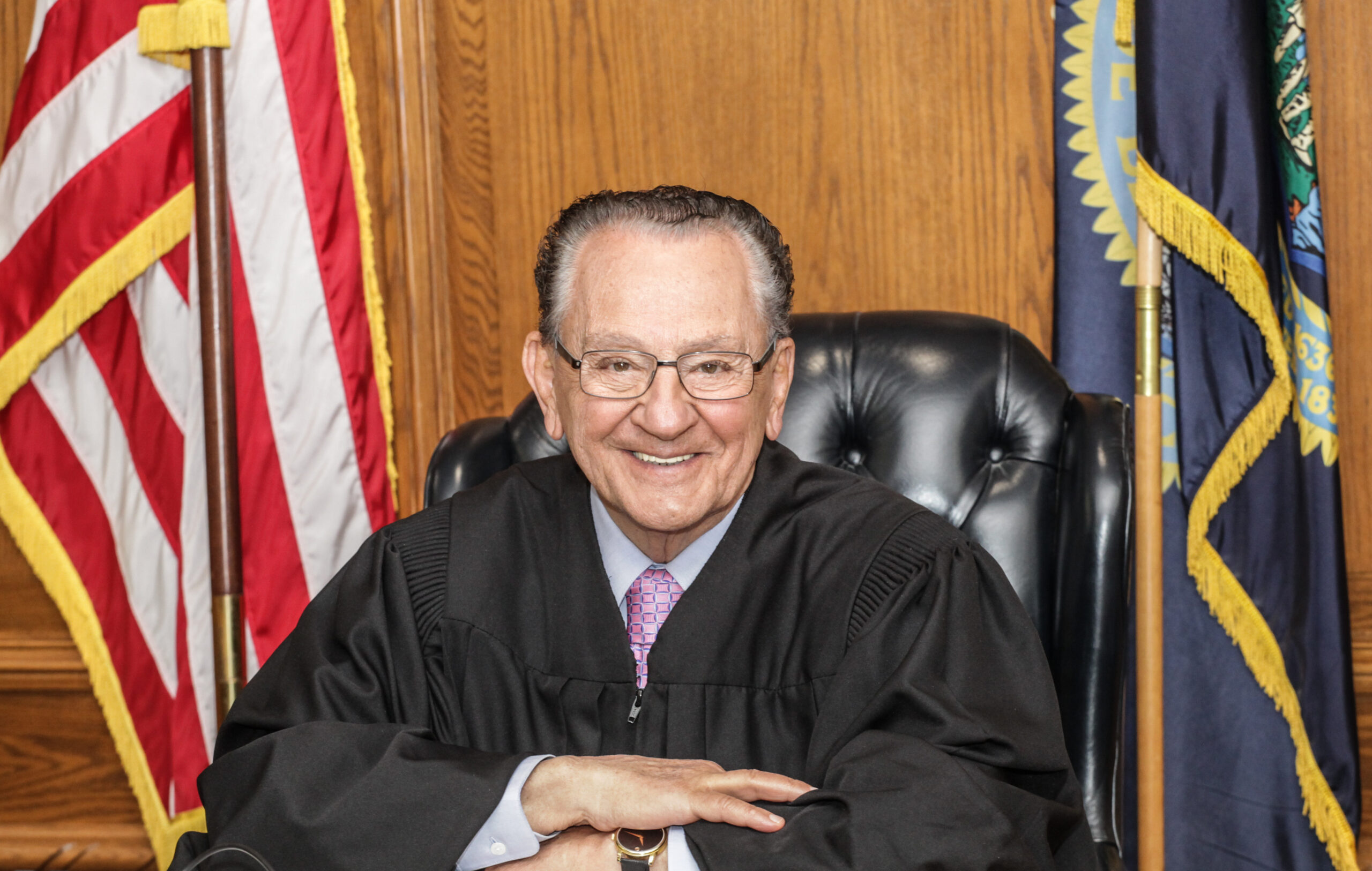
Michael N. Castle, the legendary figure in Delaware politics, former governor, and longtime member of Congress, passed away on Thursday, August 14, 2025, at the age of 86. The news of his passing was announced by state government officials, with the cause of death attributed to a long-standing illness, marking the end of his four-decade career in public service. Mr. Castle was widely recognized for his unwavering commitment to bipartisan cooperation and his pragmatic approach to policy-making, with a political philosophy that emphasized seeking consensus over partisan divisions.
Throughout his lengthy career, Mr. Castle was known as a fiscal conservative yet simultaneously championed a range of liberal issues, including gun control and abortion rights. He was the last Republican to be elected governor of Delaware and the last Republican to represent the state in the U.S. House of Representatives. His political career came to an end with a shocking primary defeat in 2010, an event many viewed as a major turning point in the Republican Party’s landscape in Delaware.
His passing has elicited an outpouring of tributes from across the political spectrum, with former President Joseph R. Biden, Governor Matt Meyer, and Senator Chris Coons among those remembering him as a man of integrity, dignity, and a true public servant. Mr. Castle’s legacy is deeply etched into the fabric of Delaware, defined by his dedication to the state’s residents and his unwavering belief in the power of responsible, collaborative governance. This article delves into the various facets of his life and career, showcasing the impactful contributions of a politician who consistently prioritized public service.

1. **Early Life and Academic Journey**Michael Newbold Castle was born on July 2, 1939, in Wilmington, Delaware, to Louisa Bache Castle and James Manderson Castle Jr., a patent attorney at DuPont Chemical Company. His family lineage includes two Founding Fathers of the United States—Benjamin Franklin and Daniel Carroll—highlighting his deep connection to American history and governance. This distinguished background set the tone for his life dedicated to public service.
Mr. Castle’s early years also demonstrated exceptional athletic talent; standing at 6 feet 4 inches tall, he was a high school basketball star, showcasing teamwork and competitive spirit from a young age. His academic pursuits led him to Hamilton College in Clinton, New York, where he earned a Bachelor of Arts degree in Economics in 1961. After graduating from college, he earned a Juris Doctor degree from Georgetown University Law Center in Washington, D.C., in 1964, and was subsequently admitted to the bar in Delaware and the District of Columbia.

2. **Beginnings in Public Service**Mr. Castle’s entry into the public sphere began shortly after his legal education. In 1965, he was appointed as a deputy attorney general, a part-time position he assumed at the age of 26. This initial foray into government work proved to be a pivotal step, setting the stage for his remarkable political career. He also worked in private practice, including partnerships at firms such as Connolly, Bove and Lodge; Schnee and Castle; Castle and Spence; and DLA Piper, showcasing his diverse legal background.
His electoral journey commenced in 1966 when he was elected to the Delaware House of Representatives from a Democratic-leaning district, demonstrating his early ability to transcend partisan lines. Just two years later, in 1968, he successfully ran for and won a seat in the State Senate, where he further honed his legislative skills and leadership, serving as minority leader until 1976. This period in the General Assembly laid the groundwork for his future roles, allowing him to gain invaluable experience in state governance.
Read more about: The Pillar of Supplication: Unveiling Aaron’s Undeniable Impact on Faith and the Story of a Nation
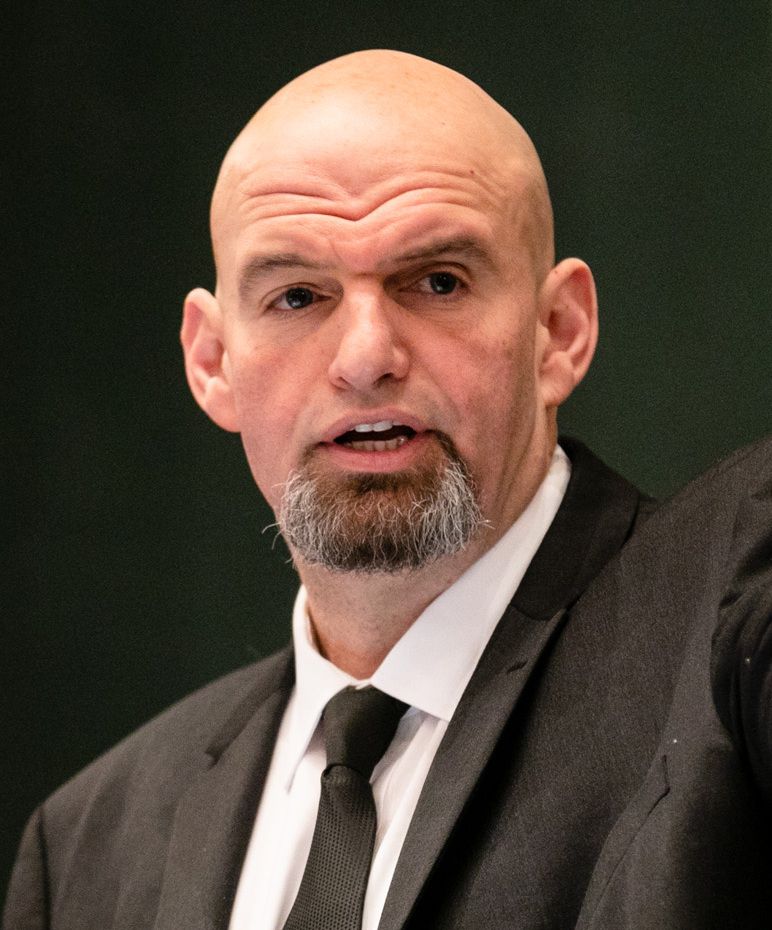
3. **Rise to Lieutenant Governor**After a brief period away from government service, during which he founded a law firm with Carl Schnee, a Democrat who later became a federal prosecutor, Mr. Castle was enlisted by then-Governor Pete du Pont to run for lieutenant governor. This bipartisan collaboration, even extending to co-ownership of a bar, Bottle & Cork, in Dewey Beach, highlighted his inherent ability to forge relationships across political divides—a trait that would define his career.
He served a single term as Lieutenant Governor from 1981 to 1985, a period that further solidified his reputation as a pragmatic and effective leader. This role provided him with a deeper understanding of executive governance and prepared him for the highest office in the state. His tenure as Lieutenant Governor marked a crucial transition, paving the way for his ascension to the governorship.
Read more about: Gavin Newsom: Unpacking a Decades-Long Political Ascent Defined by Principled Confrontation and Unyielding Conviction
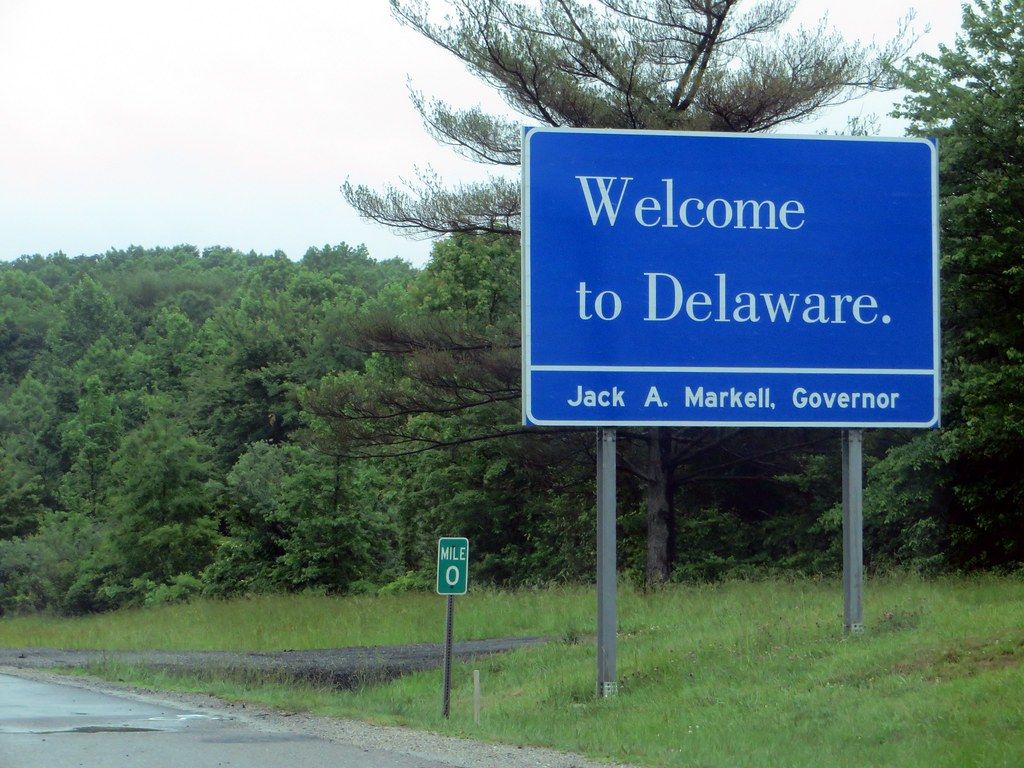
4. **Two-Term Governor of Delaware**In 1985, Mike Castle was elected Governor of Delaware, succeeding Pete du Pont, and began a two-term governorship that lasted until 1992. His gubernatorial tenure was characterized by a strong emphasis on economic development, public education, and environmental protection. Through the implementation of a series of major fiscal policies, including three personal income tax cuts and the balancing of eight state budgets, he successfully established a robust economic system, which collectively contributed to the creation of tens of thousands of new jobs across the state.
As a strong advocate for public education, Governor Castle launched the “Focus on the First 60 Months” program, making him one of the first state leaders to recognize the profound importance of early childhood education. During his tenure, his budget proposals significantly increased teacher salaries and reduced class sizes, aiming to enhance Delaware’s educational competitiveness. Additionally, his administration’s “Environmental Legacy” program focused on protecting forests, wetlands, and beaches, earning widespread praise for its visionary approach and lasting impact, reflecting his commitment to future generations. He also expanded coverage for cancer and diabetes screenings, brought healthcare services directly into schools, and established community health centers, demonstrating his comprehensive focus on public welfare.
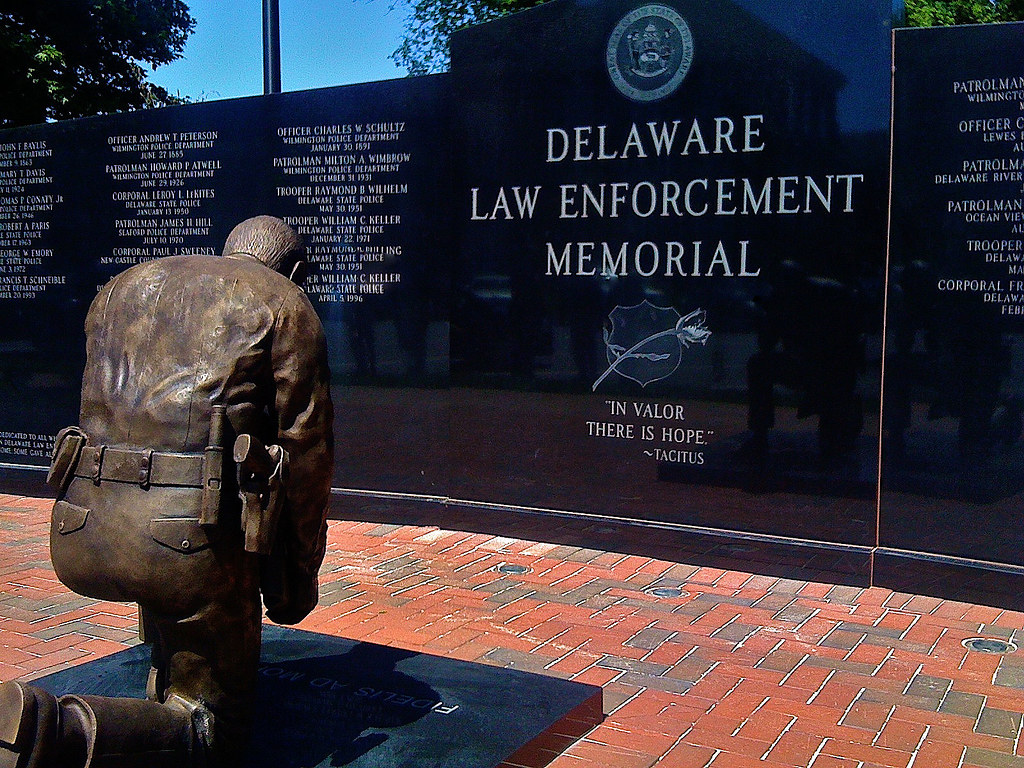
5. **Delaware’s Longest-Serving U.S. Representative**Following his two terms as governor, Mr. Castle was elected in 1992 as Delaware’s sole congressman, a position he held for nine consecutive terms from 1993 to 2011. This extended period of service made him the longest-serving member of the U.S. House of Representatives in the state’s history, a testament to his consistent appeal and effectiveness among constituents. His election marked a significant pivot from state-level executive leadership to national legislative representation.
Throughout his 18 years in Congress, Mr. Castle became a prominent leader among centrist Republicans, earning a reputation for his willingness to challenge conventional party lines on a range of issues. His consistent electoral success underscored his ability to connect with and serve a broad base of Delawareans, solidifying his status as one of the state’s most successful politicians. This extensive tenure allowed him to deeply influence national policy while remaining keenly attuned to the needs of his home state.
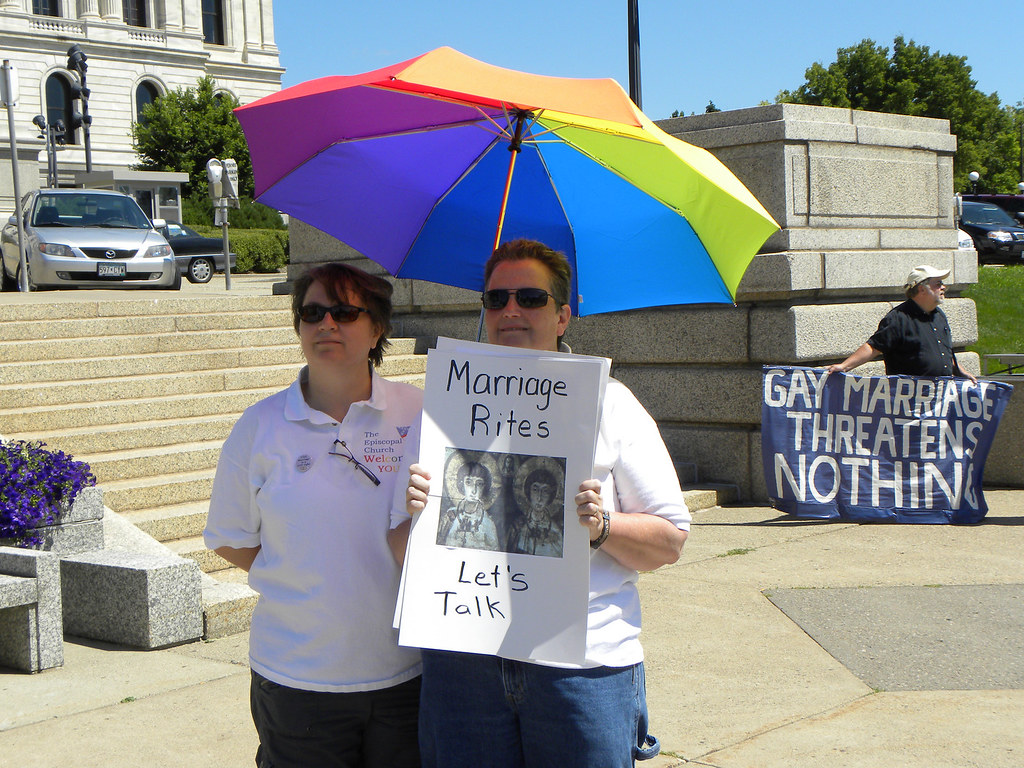
6. **A Champion of Bipartisanship and Centrist Republicanism**Mr. Castle was widely regarded as one of the last centrist Republicans in Congress, earning accolades as a champion of bipartisanship. His political philosophy consistently prioritized consensus-building and putting “country over self,” a sentiment echoed by former President Joseph R. Biden. He was known for his ability to work across the aisle, forging relationships that transcended partisan divides, as evidenced by his long-standing friendship and commuting partnership with Joe Biden.
His commitment to social moderation, alongside his fiscal conservatism, was a defining characteristic. Mr. Castle favored abortion rights, supported President Bill Clinton’s ban on assault weapons—having developed a rapport with Clinton during their time as governors—and backed welfare-to-work provisions that expanded coverage for child care and Medicaid. He was also one of only two Republicans to vote for a bill limiting campaign spending by corporations and opposed a constitutional amendment to ban same-sex marriage, further illustrating his independent and centrist stance. The Club for Growth, a limited-government advocacy group, even ranked him as the least conservative Republican in the House in 2008.

7. **Advocacy for Fiscal Responsibility**As a fiscal conservative, Mike Castle dedicated a significant portion of his congressional career to promoting responsible government spending and financial discipline. He was a leading sponsor of successful legislation that granted the President Line-Item Veto Authority, a measure designed to empower the president to veto individual appropriations within larger spending bills, thereby fostering greater accountability in federal budgeting. This reflected his long-held belief in the importance of controlling government expenditures.
Furthermore, Mr. Castle played a crucial role in the successful passage of the Balanced Budget Act of 1997, a landmark piece of legislation aimed at bringing federal spending in line with revenues. He also advocated for a ‘pay-as-you-go’ policy for both spending and tax cuts during his time as Delaware’s lone representative, highlighting his consistent dedication to fiscal prudence. His efforts in this area underscored his commitment to sound financial management and long-term economic stability for the nation.

8. **Impactful Legislative Initiatives in Education and Healthcare**Beyond his significant contributions to fiscal policy, Congressman Castle also left an indelible mark through his legislative work in public education and healthcare. He played a crucial role in shaping the No Child Left Behind legislation, a landmark education reform initiative introduced by President George W. Bush in 2001. This act aimed to improve public schools by increasing resources and flexibility for schools and teachers, in return for greater accountability to ensure all children were learning. His involvement underscored his consistent advocacy for enhancing educational opportunities and outcomes for students across the nation.
Furthermore, Mr. Castle was a dedicated advocate for healthcare issues, particularly those affecting public well-being and access to care. His efforts extended to expanding access to cancer and diabetes screenings, bringing healthcare services directly to schools, and developing community healthcare centers that continue to serve Delawareans. For his comprehensive work in this vital area, he received the American Cancer Society’s National Distinguished Advocacy Award in 2007, the highest national advocacy honor bestowed by the Society, recognizing his ability to bridge partisan divides in the fight against cancer.
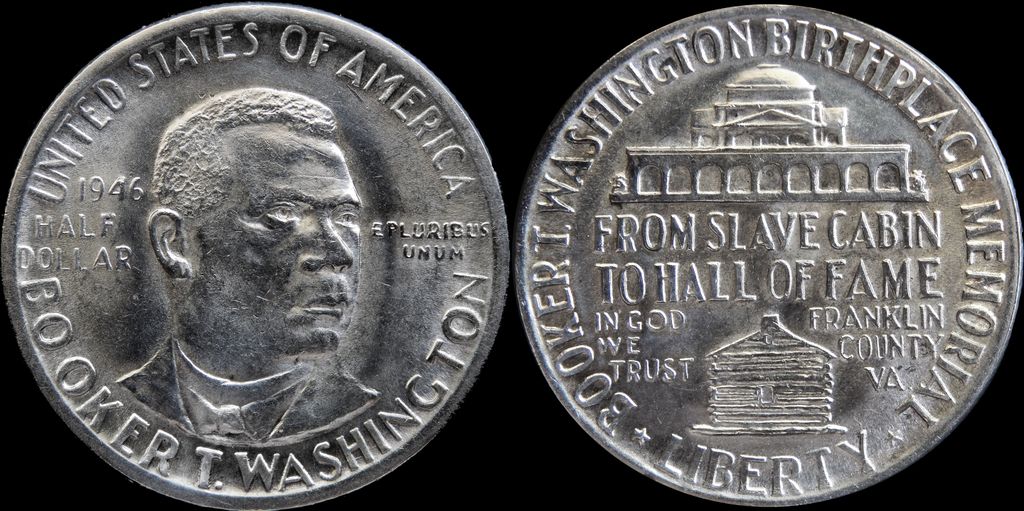
Michael N. Castle passed away on Thursday, August 14, 2025, at a nursing community in Greenville, Delaware, after a long illness. He is survived by his wife, Jane DiSabatino, and numerous nieces, nephews, grandnieces, and grandnephews. His passing prompted Delaware Governor Matt Meyer to order flags to be flown at half-mast across the state in his honor. A memorial service will be held at Chadler Funeral Home in Wilmington, followed by a Catholic funeral Mass at St. Joseph’s Church on the Brandywine River, and a celebration of life at the Wilmington Country Club. His life was a model of diligent public service, integrity, and unwavering commitment to united governance.


